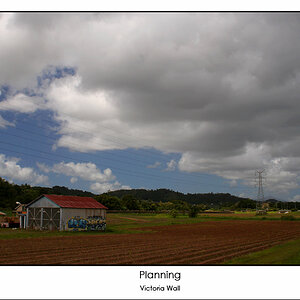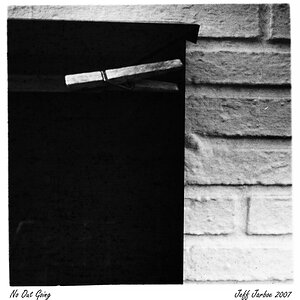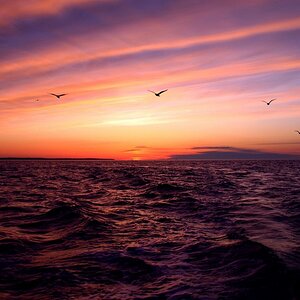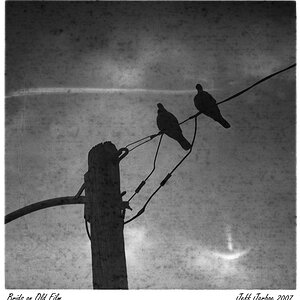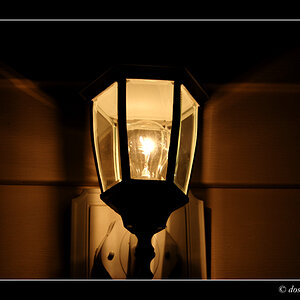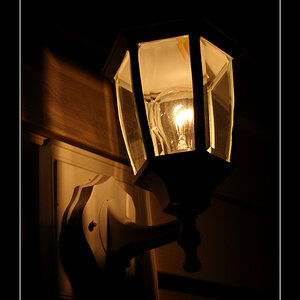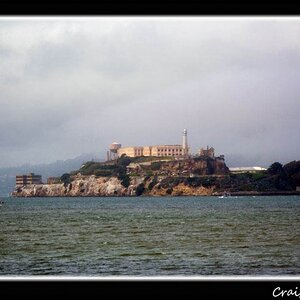- Joined
- Jan 17, 2024
- Messages
- 486
- Reaction score
- 449
- Location
- Cronulla, NSW, Australia
- Can others edit my Photos
- Photos NOT OK to edit
Interesting that @ClintLloyd would advise full frame as an "upgrade". FF is the opposite side of the spectrum from the very small frame of the RX10 series. Full frame commits you to heavier and more expensive lenses.
As I empathised in my post, I think a major part of the upgrade is weather sealing which personally gives me peace of mind when I'm out shooting. I believe it's very valuable. There is an increase in IQ in many situations too.
Let's put into context what 'the opposite side of the spectrum' equates to in regards to size. The dimensions of an RX10 are 132.5x94x145mm, it weighs 1095gm. An A7CII which I recommended is 124x71.1x63.4mm, it weighs 514gm. The Tamron 28-200mm weighs 575gm, and their 17-28mm weighs 420gm. The other camera I recommended, the A7IV weighs 659gm.


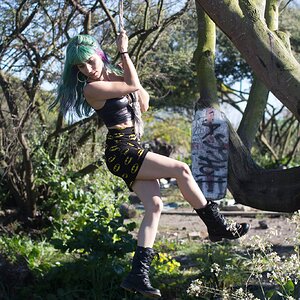
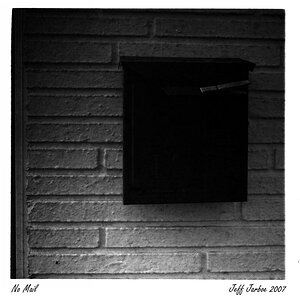

![[No title]](/data/xfmg/thumbnail/39/39476-6e232ea205145ad1a1da0690d7617642.jpg?1619739045)

